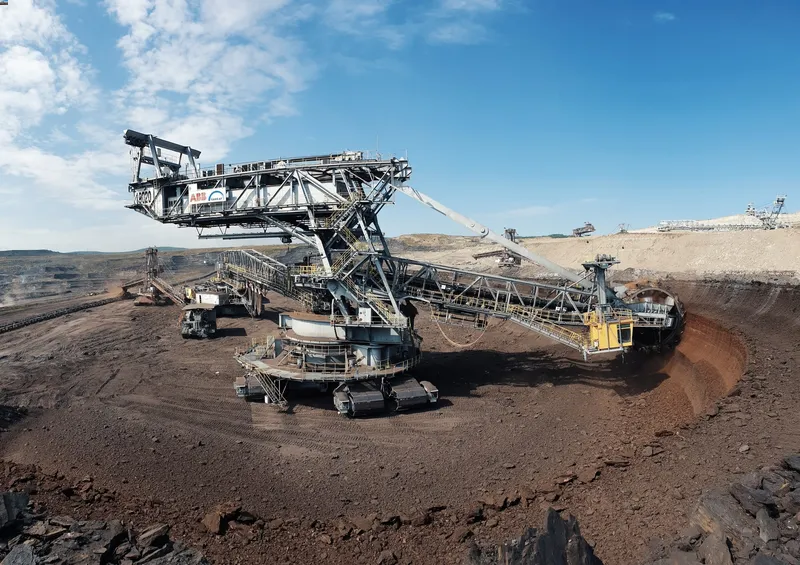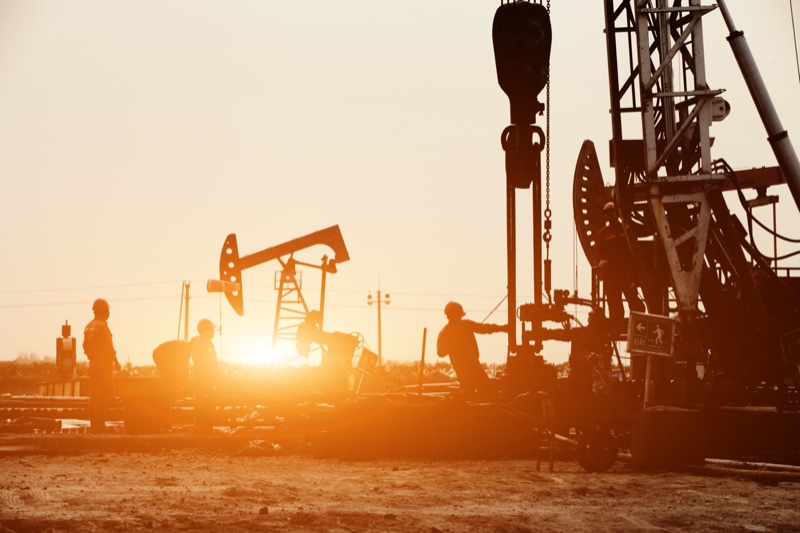 Oil Field
Oil FieldThe oil and gas industry is a significant part of the Texas economy and a way of life for generations of families. Texas is home to over 160,000 oil wells, providing millions of jobs nationwide.
However, working in an oil field doesn’t come without its risks. The working conditions can be harsh, making the environment especially dangerous.
Texas leads the United States in oil field deaths, and workers injured on oil fields likely face a lifetime of complications.
The Zimmerman Law Firm P.C. has helped many injured clients after oil field accidents. Our attorneys arealways willing to assist you if you have questions or need compensation for your work-related injury.

Types of Oil Field Accidents in Texas
The Texas oil industry is famous, but it also comes with a range of dangers for the hardworking employees in this sector. To fully understand the potential risks, it’s essential to recognize the common accidents in Texas oil fields.
Some of these include:
- Falls and slips. Oil fields often involve elevated platforms, scaffolding, and uneven terrain. Workers can slip or fall from heights, leading to severe injuries or fatalities.
- Machinery and equipment accidents. The operation of heavy machinery and equipment is a fundamental aspect of oil field work. Accidents involving machinery are often due to malfunctions, operator errors, or poor maintenance.
- Fires and explosions. Oil fields are highly flammable environments due to the presence of volatile gasses and liquids. Fires and explosions can occur at any moment, often causing catastrophic injuries and property damage.
- Toxic chemical exposure. Oil field workers may come into contact with hazardous chemicals used in drilling and production processes. Exposure to these substances can lead to health issues, ranging from skin irritations to long-term respiratory problems.
- Transportation accidents. Transporting oil and gas products requires using trucks, pipelines, and tankers. Collisions, rollovers, or leaks can cause environmental damage and injuries.
Sadly, many of these oil field accidents are preventable with the proper training and attention to detail.
Causes of Oil Field Accidents
There are a few common causes of many oil field injuries. In many cases, however, several of these causes can contribute to one accident.
Human Error
Simple mistakes are a leading cause of accidents in oil fields. Fatigue, distraction, and complacency can all contribute to errors that lead to accidents.
Even a momentary lapse in judgment can have severe consequences in high-pressure environments.
Likewise, poor training and supervision can leave workers unprepared to handle the complex machinery and hazardous materials found in oil fields.
Without proper guidance, employees may not fully understand safety protocols or the risks associated with their tasks.
Mechanical Failures
The oil field relies heavily on specialized machinery and equipment. Delayed or insufficient maintenance of oil field equipment can result in wear and tear. Old and unmaintained equipment is more prone to breakdowns and accidents.
Unfortunately, some employees might ignore warning signs of mechanical failure until it’s too late. Timely maintenance and repair are crucial to ensure the safe operation of machinery.
Environmental Factors
Texas is known for its unpredictable weather, which can pose significant challenges for oil field operations.
Rain, extreme heat, and cold can all impact the safety and efficiency of workers. Moreover, many oil fields are in remote or hard-to-reach areas.
Workers may have to navigate rugged terrain to access the job site. These obstacles increase the risk of accidents during transportation and operations. They also make it harder for emergency personnel to reach an accident scene quickly.
Who Is Responsible for Oil Field Accidents?
Determining responsibility for oil field incidents can be a challenging task. It often involves multiple parties and factors. Identifying those responsible for an accident is crucial for recovering financial damages.
Here’s a closer look at the key players who may bear responsibility in the event of an oil field accident.
Employers
Employers are primarily responsible for ensuring their employees’ safety and well-being. They are expected to provide proper training, require protective equipment, and enforce safety protocols in the workplace.
Government agencies, such as the Occupational Safety and Health Administration, establish safety regulations and standards for the oil industry.
Employers who fail to comply with these regulations can face legal consequences, including direct liability for accidents on the job.
Contractors and Manufacturers
In oil field operations, multiple contractors and subcontractors often collaborate on projects. If an accident occurs due to the negligence of one of these parties, they may bear responsibility for the accident and its consequences.
Likewise, some accidents involve a defective piece of equipment or machinery. In these cases, the manufacturer or distributor of that equipment could be held liable for the resulting injuries or damages.
Negligent Coworkers
In dangerous working environments like oil fields, other employees may have your safety in their hands. If coworker negligence or misconduct directly contributes to an accident, they may be held responsible for their actions.
Injured parties may be able to seek compensation from them as well as their employer. Determining liability in oil field accidents often requires a comprehensive investigation to establish the causes and contributing factors.
Once you can assign liability, then you can pursue compensation.
What Compensation Is Available After an Oil Accident?
Various types of compensation may be available to injured individuals or their families. In many cases, the
injured person is an employee of an oil field company. Because they were hurt on the job, workers’ compensation is often the first source of compensation.
Worker’s compensation includes:
- Medical expenses,
- Lost wages,
- Disability benefits, and
- Vocational rehabilitation.
If a third party, such as a contractor or manufacturer, played a role in the accident, you may file a personal injury lawsuit. Personal injury claims can result in additional compensation for:
- Pain and suffering,
- Mental anguish,
- Loss of consortium,
- Medical bills,
- Lost wages,
- Property damage, and
- Wrongful death.
Keep in mind that the compensation you receive depends on the facts of your case and the parties responsible.
Work with an Attorney
Speaking with an attorney can help you understand how to claim compensation for oil rig accidents. These legal professionals bring a wealth of expertise to your case.
Attorneys have a deep understanding of personal injury law and the unique challenges posed by oil field accidents.
One of their primary responsibilities is to gather and analyze crucial evidence. This may include accident reports, medical records, witness statements, and expert opinions.
Evidence forms the foundation of your case and is instrumental in showing liability and valuing your damages.
Your Texas oil rig accident lawyer will also be your negotiator. They speak with insurance companies and opposing parties about the claim. These negotiations can lead to a settlement that covers the full scope of your injuries and losses.
In cases where negotiations do not yield a satisfactory outcome, your attorney is prepared to take your case to court. They will represent you zealously, presenting your case before a judge or jury and fighting for your rights and interests.
Speak with a Texas Oil Field Accident Lawyer
The Zimmerman Law Firm has proudly served Texas since 1962, and our attorneys bring over 85 years of combined experience. We have helped clients recover millions of dollars in compensation after workplace injuries. Call us today to schedule an evaluation of your case.
